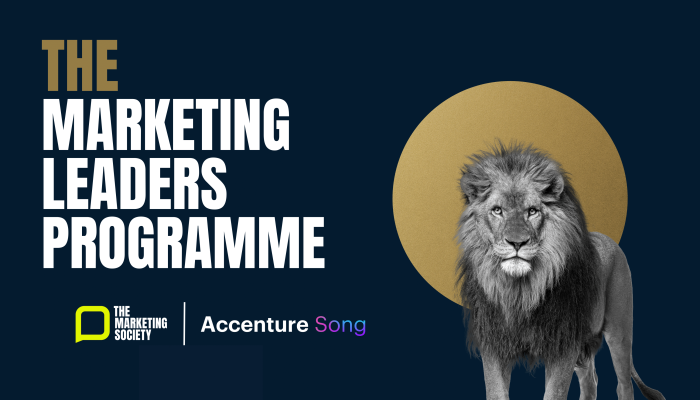It’s not easy to be perfect. Try telling that to the Germans though! Without wanting to sound arrogant, there are many industries where “Made in Germany” is a byword for excellence and cutting edge technology – all those precise engineering skills have been lovingly and painstakingly applied in many industries – think cars, trains, white goods, industrial plant and chemicals plus an entire herd of hidden champion “Mittelstand” (SME) organisations which are world leaders in their respective fields – even though they are anything but household names to you or me.
Cue the game changer called digitalization.
While German employees faithfully continue working long and hard to get every detail of a product or service exactly right – exhaustively fine-tuning and re-adjusting to the nth degree – driven by quality standards that are (or were) the envy of the world, upstarts from other parts of the world are entering their sacred engineering territory ripping up the rule book, paying scant regard to all that is near and dear to the Germans and overtaking in the fast lane. Driven by ambition and a fearless sense of purpose for doing things differently, their ways of working are agile and nimble working on the basis of “fail often, learn fast AND move on faster than the competition”. These organisations are customer-centric and know how to create interest and demand. This goes against the grain of traditional product-focused developments, using cumbersome techniques to convince consumers to buy something they weren’t even asking for. This leaves many German companies gasping for breath, well behind the curve their competitors have already taken.
Nowhere is the struggle to catch up more obvious than in the field of marketing communications and how ‘things digital’ fit in with this. In Germany as elsewhere, we are constantly confronted with the latest ‘phrase of the moment’ – content, programmatic, customer lifetime value and many more.
As one example, the content discussion is incessant, and in Germany we are swimming in it because it is accepted thinking that we need lots and lots of it – lovely juicy content every which way you turn. However, when confronted with the issue of why the content is needed and how it can be sensibly deployed, many German marketers defer to their agencies who must know, right? Too few people have thought this one through – far less could mean far more in terms of impact – but then again, who is prepared to make that decision?
Many marketing organizations in Germany still don’t have a fundamental digital strategy sorted out but are happily running with a “digital first” approach – because it’s what you say you do these days. Period. But what are the implications for the structures and processes within their own organizations? For many on the marketing factory floor, this digital black hole remains an unresolved cause for concern. “What will happen, when we are finally forced to embrace digitalization and all it implies? What do we need to know? What new skills will we need to be mastered, or will it simply be too late? Not only employees but also their bosses are thinking the same, but they simply don’t dare admit it.
And how does the organization become truly customer centric? Which data is appropriate and helpful, and who holds the key? And even if sufficient relevant data is available, data for the sake of holding data is largely pointless. Way more interesting is the analysis and interpretation which generates the smart insights capable of adding value and creating a competitive edge. In many German organisations, the heavy tanker of strategic planning remains ill-equipped to assimilate the nimble manoeuvring of the data-driven speedboat.
In truth, German marketing is still finding its feet in the world of digital transformation. The perfection of traditional campaign planning with long lead times and expensive asset development on the one hand (big budget photo shoots in South Africa haven’t gone out of fashion just yet) still holds sway in many marketing departments. The demands of programmatic marketing and the rigours of providing responsive ‘always-on’ content are gaining traction, but ‘quick and dirty’, ‘trial and error’, ‘test and learn’ are anathema to those who are used to another older system.
The ray of light in all this is the thoroughness with which the Germans approach a challenge. Nobody does it better (or more perfectly). They may not have invented the new ways of marketing and they may take their time in adapting them. But you can bet your last Dollar or Euro on the dogged determination which they will employ to ‘make it happen’. They will use and improve until the new process is again planned to a level of perfection with which they will feel at home and will employ like nobody else can.
This piece was by Felicitas Lentz, a Senior Consultant at The Observatory International Hamburg.
Photo credit: Stockimo | www.picfair.com



